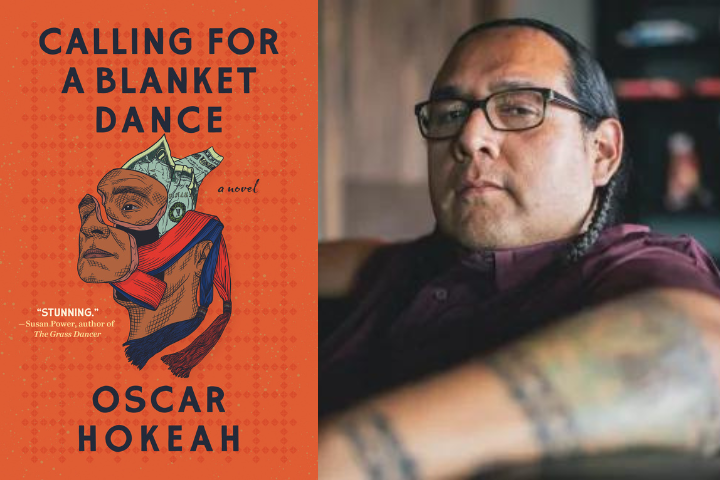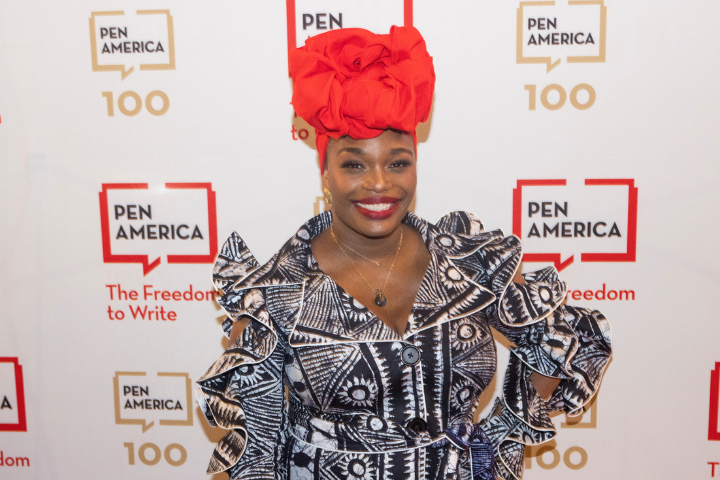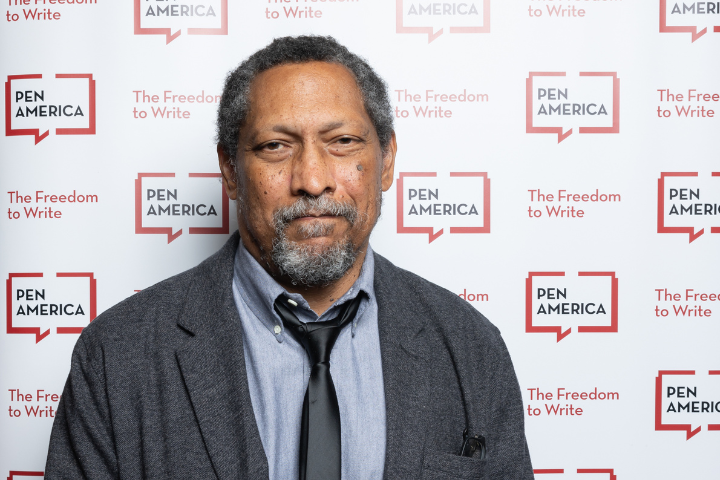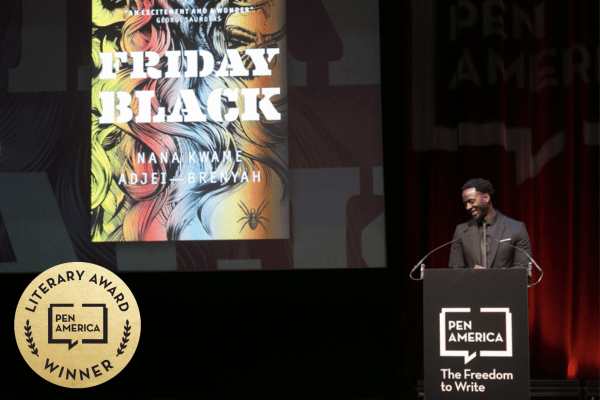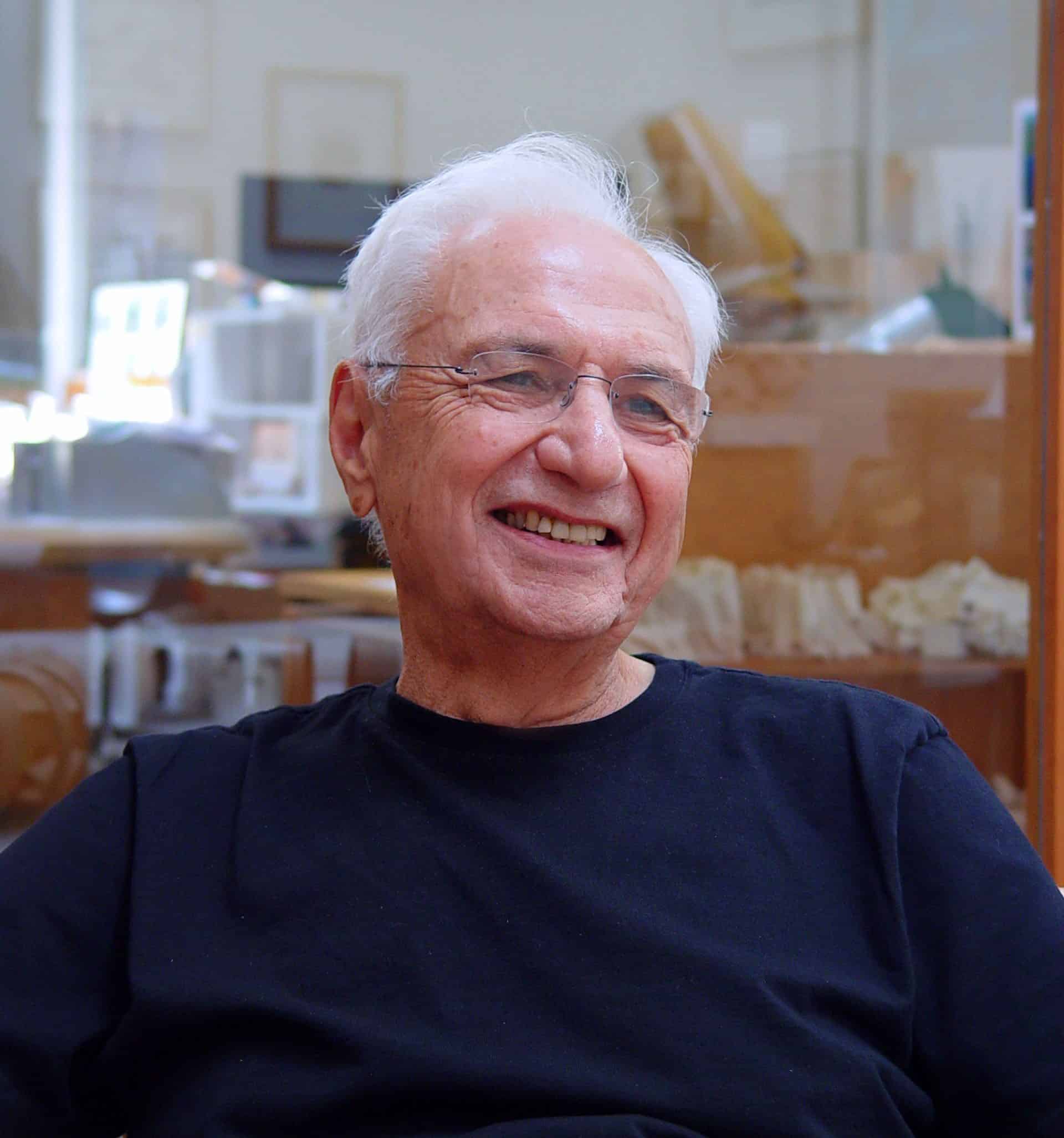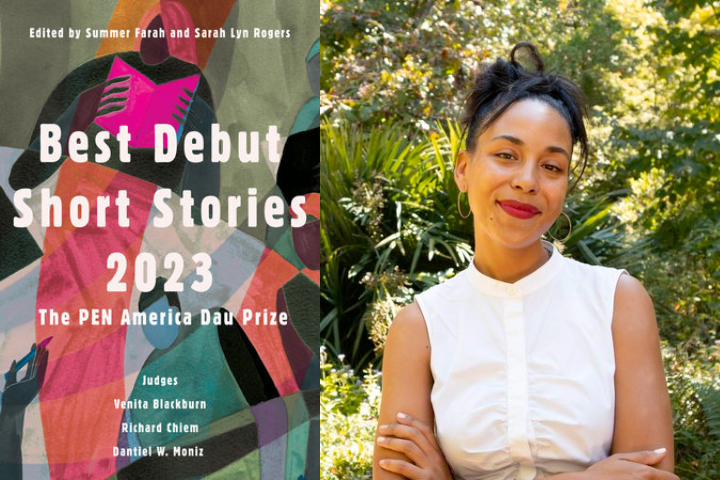
In the coming weeks, we will feature Q&As with the contributors to this year’s Best Debut Short Stories anthology, published by Catapult. These stories were selected for the 2023 PEN/Robert J. Dau Short Story Prize for Emerging Writers by judges Venita Blackburn, Richard Chiem, and Dantiel W. Moniz.
Dailihana Alfonseca is currently working on her Masters at UNC Chapel Hill in Heath Humanities with a focus on the cultural legacy and erasure of historically under-represented Afro-Latina/o/X Identities. She is a fiction editor at the Raleigh Review and is heavily involved in creating interdisciplinary academic accessibility at UNC as the Director of Academic Affairs for the Graduate and Professional Student Government and as creator of the Afro-LatinX Resource Aid for the Latina/o Studies Program.
“Spanish Soap Operas Killed My Mother” was originally published in Driftwood Press.
Here is an excerpt:
We arrive with one suitcase and no English to our name. My grandmother is already in the mainland of success. Abuela is not as domineering as Mami makes her seem. Abuela’s love is stern and gently embracing, it holds us in between the French bread she slathers in butter and dips in her cafe con leche. She is sick but cannot see it yet. She places us in front of the telenovelas. We learn that Spanish women are sultry, and sexy, and dramatic, and loud, and crazy. We learn that life is full of drama and chaos and struggle and pain. We learn that women behave like flies caught in the web of men and money.
What inspired you to write this story? Where did the idea come from?
The idea for this story is complicated. It is a work of fiction but it is heavily inspired by real life events. The opening line “there used to be more fat between the earth and my bones,” roamed the crevices of my mind for days before I finally put pen to paper for an assignment I had at Francis Marion that semester. The story evolved from an assignment into a cathartic conversation about how the media influences our identity, how we assimilate, and even the way we understand migratory survival.
Spanish soap operas are often volatile, tumultuous, riddled with uncertainty and portray women in such a way that they are very restricted in how they understand themselves. When you are raised by elders who anchor through language in narratives that are as uncertain, tumultuous, and volatile as the life you are experiencing during socio-economic survival and assimilation it can heavily influence the life you end up living. I felt it was my responsibility to share this idea in a way that makes sense to those it most affects. In a form of narration that is already embedded in their understanding of the world and themselves.
What is the relationship between place and story? How does where we come from, or where we live, inform the way we act and feel?
Place and story are dance partners within the mind of the reader, I feel. Places, just as much as characters, help to deliver emotions, thoughts, and ideas to the reader and, with hope, those who also listen to our stories. To me, this means that stories evolve in relation to and with the spaces that are both described and not described within the text. The mind, the voice, the narration can be a place where the reader experiences the story and learns something not only about the story but themselves.
It is my personal understanding that different experiences shape how we see the world, react, and feel. What informs us most, I believe, are the experiences that impose themselves upon our minds and epi-genetic bodies as we grow and develop. Where you come from may affect the way you feel about cold weather, or constant rain but it is the people who inhabit those spaces in our lives and within our minds that inform the people we are and ultimately become.
What do you hope readers take away from your story?
I feel that a story speaks to different readers in different ways. Like soap operas the scenarios will differ in context from reader to reader. So I hope my readers find little bits of themselves within the text whether it be through thinking of their ancestors coming to this country, or the person who makes sure their food is clean and available in their supermarkets. I want to humanize this experience for many so as to open a way to see the immigrant experience in a more subversive way.
How has the PEN/Robert J. Dau Prize affected you?
The PEN/Robert J. Dau Prize has not only amplified my voice as a writer, but also helped me feel comfortable with calling myself a writer. It has allowed me to use the greatest gift this country has ever given me (my education) to change the worst thing that has ever happened to me (my mothers death during my adolescence) into something beautiful. Lastly, this prize affirms my mother’s sacrifice to come to this country and give my siblings and I a better life. This prize has helped to further heal a part of myself, and for that I am forever grateful.
What advice would you share with aspiring writers?
Never allow anyone to compromise your literary journey by attempting to change the message of your writing. An editor once tried to do this to me once by attempting to alter the perception of my story to fit minstrel-trope representations of the Latin American immigrant experience. I refused and they revoked their offer to publish my work. However, if I had let someone impose their bias onto my story I most likely would not be here sharing it with you. So believe in yourself enough to bet on your journey as a writer and try not to let the pressures of wanting to publish alter the story you are attempting to tell.

